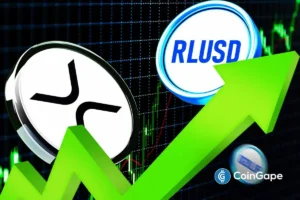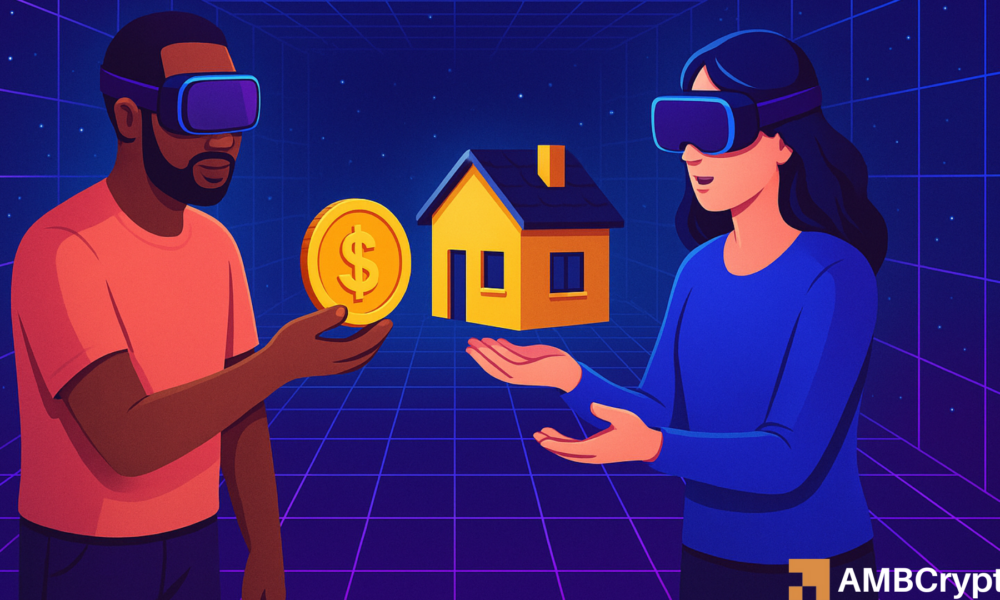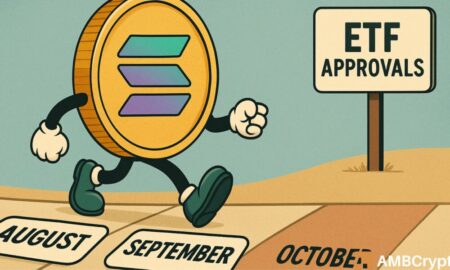The Digital Transformation of Finance: How Tokenization is Changing the Game
The world of finance is undergoing a profound transformation, primarily driven by a technology known as tokenization. By converting ownership of tangible assets into digital tokens on a blockchain, tokenization is opening doors to previously inaccessible markets. Imagine trading a fraction of a skyscraper or owning shares of a government bond with ease. This innovative approach isn’t just theoretical; it’s already taking place and has the potential to revolutionize markets worth trillions of dollars.
The drive towards blockchain technology is evident, with established financial giants like BlackRock and JPMorgan taking significant steps to integrate tokenization into their operations. This shift aims to eliminate the cumbersome red tape that has traditionally plagued finance, leading to a more efficient, transparent, and accessible marketplace. Blockchain technology allows assets to reside on an immutable digital ledger, enabling automation and reducing the reliance on intermediaries. As a result, complex tasks can be completed with remarkable ease, from executing compliance rules to fractional ownership, creating a simpler and faster trading experience.
Transforming the Bond Market
One of the primary sectors where tokenization is making waves is the bond market. Digital bonds transform the issuance process, allowing for automation through smart contracts that manage tasks such as interest payments and administrative responsibilities. The European Investment Bank (EIB) has successfully issued a €100 million digital bond, a significant milestone that demonstrates the efficacy of this approach. Similarly, Hong Kong’s issuance of a $100 million tokenized green bond signifies how tokenization can direct finances toward sustainable projects while enhancing efficiency.
The bond market illustrates the future direction of finance, where the lifecycle of an asset— from issuance to final payment— is streamlined. In this environment, the settlement of trades could occur in minutes rather than days, making the financial ecosystem far more responsive to market demands.
Democratizing Stock Ownership
The shift towards tokenization isn’t limited to bonds; it extends to the stock market as well. By tokenizing stocks, companies can break down investments into smaller, more affordable units. This fractional ownership model opens the gates for retail investors who’ve historically faced hurdles due to high entry costs. While public stock tokenization is still evolving, the private sector is seeing significant interest. Platforms like Swarm Markets are offering tokenized versions of popular companies, enabling broader access to investments that were once exclusive.
Particularly noteworthy is the disruption occurring in the realm of private equity. Traditionally characterized by high capital requirements and lengthy lock-up periods, private equity is now being redefined. For example, Hamilton Lane’s partnership with Securitize allows investors to engage with private equity funds through easily tradable tokens, creating opportunities for early cash-outs and diversified investments.
Navigating the Challenges of Tokenization
Despite the promise of tokenization, significant challenges persist. Regulatory frameworks are still catching up, leading to uncertainty for investors and companies. Establishing reliable exchanges for these novel assets is no small feat. Moreover, the inherent transparency of blockchain technology poses potential risks for privacy-sensitive industries like private equity. Striking a balance between the benefits of transparency and the need for confidentiality will be crucial in ensuring widespread adoption.
Furthermore, the success of tokenization hinges on evolving technologies and clearer regulations. As the landscape matures, tokenized assets may transition from niche instruments to foundational elements of a robust financial ecosystem, reshaping investment methodologies and consumer behavior.
Reimagining Real Estate Investments
The real estate market stands to gain enormously from tokenization. Characterized by high costs and complex sales processes, real estate is ripe for disruption. This technology allows for fractional ownership, enabling individuals to invest in properties they once could only dream of owning. Through tokenization, a single property can be divided into thousands of affordable digital tokens, democratizing access to an otherwise exclusive market.
Tokenization can mitigate the traditionally illiquid nature of real estate. By enabling the trading of property shares around the clock, investors gain unprecedented flexibility and improved access to their capital. This paradigm shift is not limited to regular investors; developers stand to benefit too, as they can tap into global investor pools and simplify fundraising. However, hurdles such as unclear legal frameworks and trust issues still need addressing before real estate tokenization becomes mainstream.
A Vast Potential Ahead
The market for tokenized assets is predicted to swell into trillions by 2030, driven by enthusiastic adoption from financial institutions and an increasing demand for fractional ownership. Reports suggest that the valuable market potential could reach $16.1 trillion, fueled by advancements in technology and a focus on liquidity and transparency. With over $50 billion in tokenized real-world assets already on the blockchain, this trend is not merely speculative.
Key sectors, such as real estate, bonds, private credit, and institutional investment funds, are witnessing significant traction. For instance, the tokenized bond market is expected to experience substantial growth, with the value projected to reach at least $300 billion by 2030. This rapid expansion is reshaping how assets are managed and traded, promising to make finance more inclusive and efficient.
Conclusion: A New Financial Frontier
Tokenization represents a paradigm shift in the way assets are owned, traded, and valued, making previously elusive opportunities accessible to a broader audience. Yet, as we advance into this new digital age, we must remain vigilant about the social and ethical implications. Balancing innovation with responsibility will be critical to safeguarding investor interests and ensuring that the benefits of tokenization extend to everyone.
As the technological and regulatory landscape evolves, so too will our understanding of what it means to trade in a tokenized world. While challenges remain, the potential to create a more equitable and thriving financial ecosystem is tremendous. The ongoing journey into tokenization is not just about technology; it’s about redefining the boundaries of finance itself and how we engage with wealth, investment, and ownership.
















